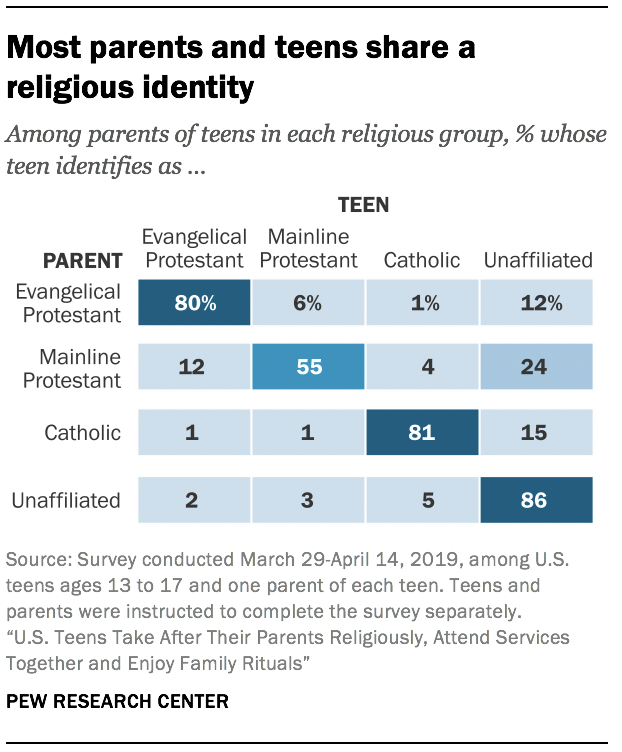Coaching others in personal development and growth is a passion of mine.
Few things in life are as rewarding as seeing someone become the best version of themself.
My granddaughter Anza is just seven months old and I’m watching her develop before my eyes — and so quickly. Anza is sitting up now and leans over to pick up toys, actually, anything she can get her hands on! She has amazing focus. When she can’t quite reach something, I’m quick to hand it to her, but her parents are smarter about that.
My daughter Mackenzie and Son-In-Law Jacob are great parents—they help Anza figure out how to grasp something that’s a little bit of a stretch for her.
That helps Anza develop.
The effort to reach, stretch and strive is core to all development.
It has always been curious to me how we all see the development of a child as something natural, important, and something to be championed and pursued.
It is well known that growth can continue at any age.
Yet, as we reach adulthood, development slows at a surprising rate. The slow down starts at 30, becomes noticeable at 40, and consistent continued growth above 50 is uncommon. (This is my observation of over 30 years, not based on research.)
The value of continued development and growth is so incredibly multifaceted.
You become a more:
- Productive person
- Interesting person
- Creative person
- Understanding person
- Energetic person
- Successful person
- Content person
- Mature person
- Giving person
You get the idea… and I’m sure you could add one more to make it ten!
Yet there is only one thing that can prevent you from growth: Lack of intentional effort.
Desire, effort and a simple plan is all you need to begin (or continue) your personal development.
Desire is essential.
You have to want to grow as a person and a leader. That comes from inside you, generally from two motivations. First, to fully become the leader God intended you to be and second, to lead others more effectively.
Effort is required.
There is no free lunch, even to grow, you have to put in the time and effort. The good news is that you don’t need to make it a huge chunk of your time, just be consistent.
A simple plan is the secret!
One of the greatest difference makers between leaders who grow and leaders who grow stagnant is a simple written plan.
Don’t make the plan complicated, it can literally be a few bullets on a half-page. The important thing is to include two parts, the plan for growth, and the outcomes desired as a result of your growth.
I don’t know the specifics of the plan you need, but I can provide you three macro-level building blocks.
This also applies to those you develop.
3-Part Framework for Personal Development:
1) Your leadership development begins with self-awareness.
Understanding who you are, how you are seen by others, and what you were designed to do is foundational for leadership confidence, and ultimately for leadership effectiveness.
This begins with an accurate biblical understanding of how God sees you. The following is not a comprehensive list, but it contains foundational truth about who you are as a Christ-follower:
- You are loved and valued. God loves you unconditionally and His love is unending.
- You are forgiven and a new creation. Sin separates us from God, but by grace, through faith in Christ, your sins are forgiven.
- You are capable and gifted. God has called you and set you apart for a special purpose. You have been chosen and appointed to bear fruit and have received spiritual gifts that are unique in operation by you.
When you first see yourself as God sees you, then you can begin to gain an accurate grasp of your self-awareness.
Author Michael E. Frisina offered the following definition: “Self-awareness is an honest understanding of your own values, desires, thought patterns, motivations, goals and ambitions, emotional responses, strengths and weaknesses, and effect on others.”
Self-awareness enables you to understand how others perceive you, interact with you, and therefore how you can become better at leading.
2) Your character development begins with humility.
A lack of competence can slow you down, but a lack of character can take you out. (From Confident Leader!)
As a gifted and experienced leader, it’s not difficult for you to allow your talent to rise above your character, and that can hurt you.
Pressure to perform can set that risk in motion.
Growing as a leader, becoming better at what you do and gaining more significant results is a double-edged sword. It’s easy to be recognized and rewarded for what you accomplish.
That’s a good thing, as long as you also grow in your character.
Your character as a leader provides boundaries, standards, values and principles that keep your integrity intact.
And the first building block to your character is humility.
Jesus set the example:
“who, being in very natureGod, did not consider equality with God something to be used to his own advantage; rather, he made himself nothing by taking the very nature of a servant, being made in human likeness. And being found in appearance as a man, he humbled himself …”
Philippians 2
Everyday examples of humble leadership look like:
- Not using authority for personal gain
- Saying you’re sorry
- Treating others with a gracious spirit and respect
- Looking for opportunities to serve those who cannot help you
- Not taking the credit
It builds character that looks like:
- Doing what you say you will do
- Demonstrating generosity and courage
- Commitment to truth and honesty
3) Your spiritual life development begins with community.
A deep, rich and growing spiritual life does not flourish in isolation.
Spiritual life was designed to function best in relationship.
From the earliest moment in the garden with God and Adam, to God declaring that it’s not good for man to be alone, (Genesis 2:18) to the covenant established with Abraham and being fulfilled with Jesus, the promises of God are based nearly entirely within relationships.
Take a look a categories and examples of community.
Examples of life together:
- Serving others
- Unity with others
- Wisdom from others
Examples of fruit of the Spirit:
- Loving others
- Patience with others
- Kindness toward others
Examples of Spiritual connection:
- Praying for others
- Worshipping with others
- Sacrificing for others
From a developing spiritual foundation, a leader quickly moves to the art and skill of getting along with and leading others, and learning skills like connecting, encouraging, and inspiring. (see Amplified Leadership for more on this subject)
Over time, the spiritual realm of development matures to a place of spiritual authority, anointing, favor and wisdom.
This overall framework gives you a way to think about and approach the practicalities of development and growth as a spiritual leader.
And, as always, keep it simple.
Remember, this is a macro perspective, you can select very small bite-sized pieces in each area, and you don’t have to do all three at the same time.
Last, keep in mind there is an overlap, a “blend and blur” between the three categories.
Keep growing!
This article originally appeared here.















